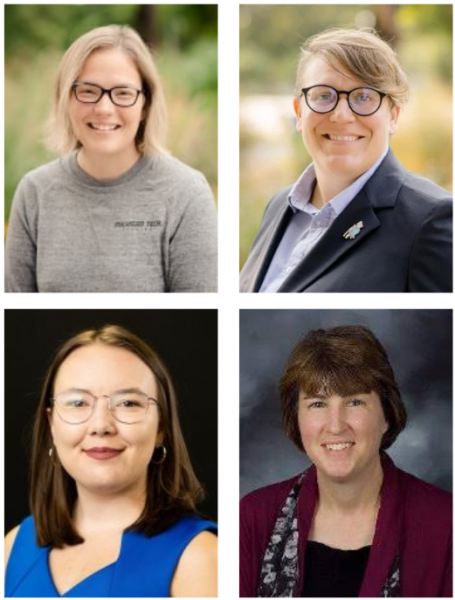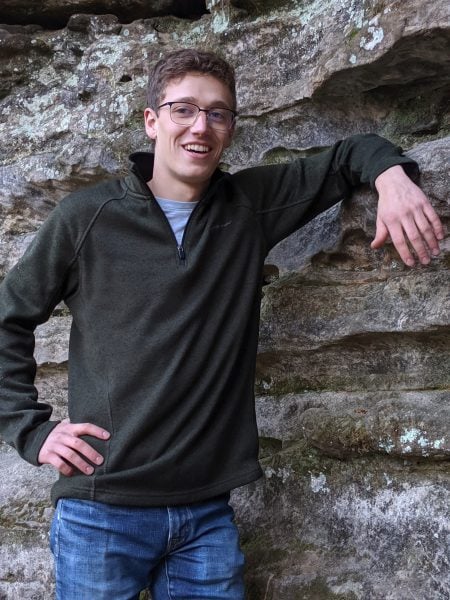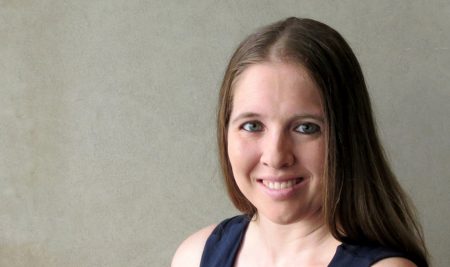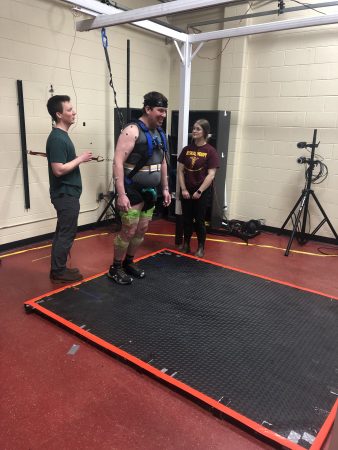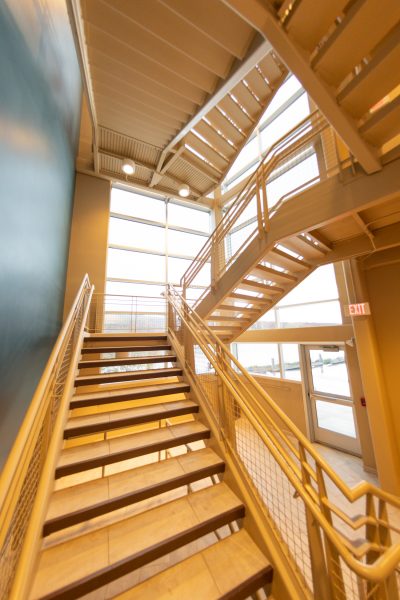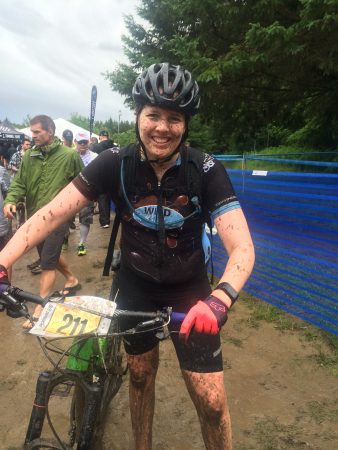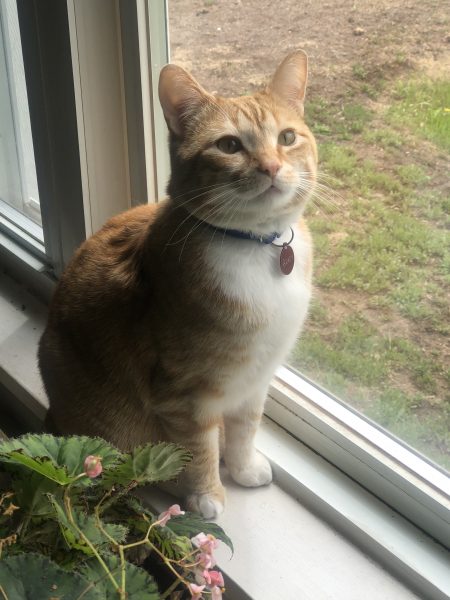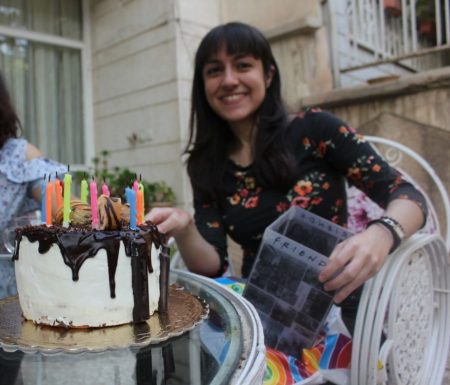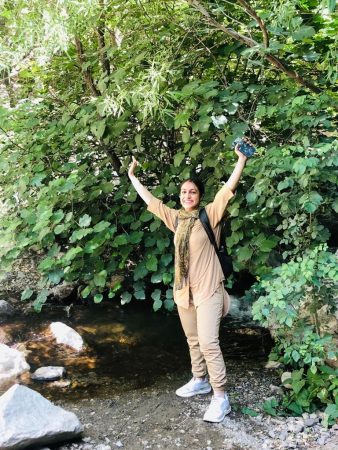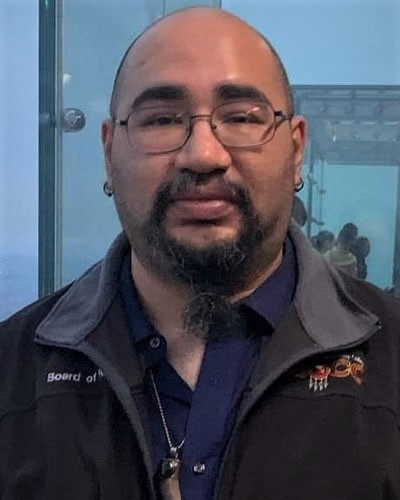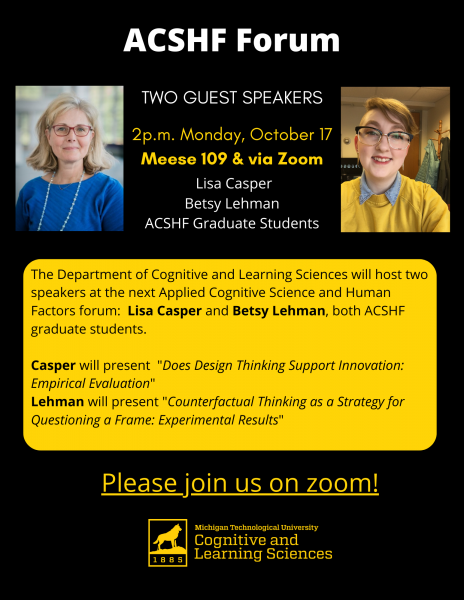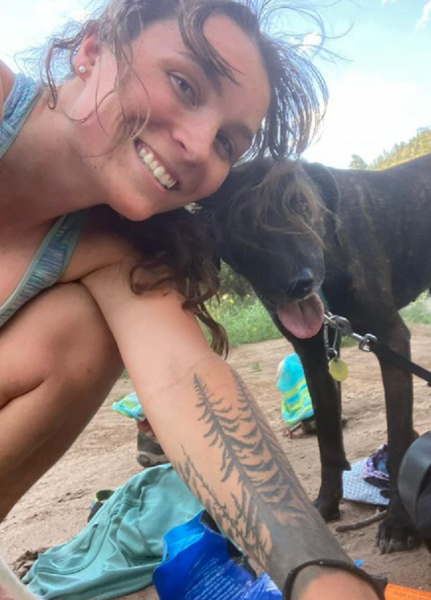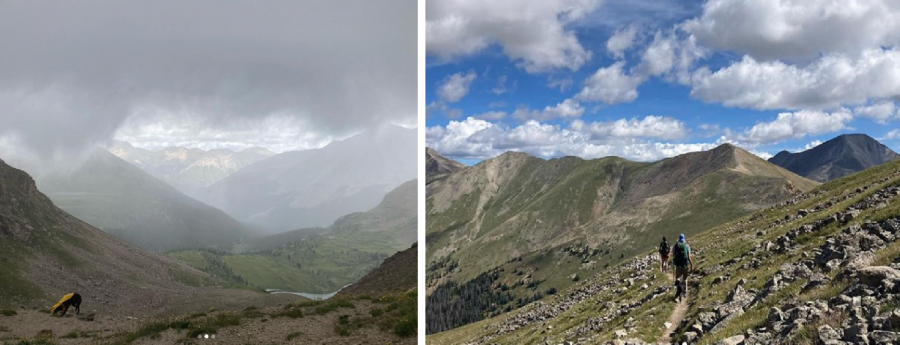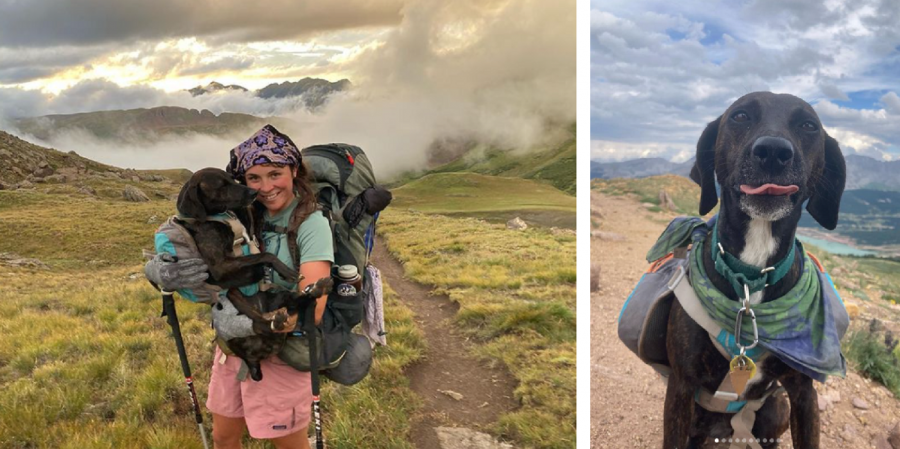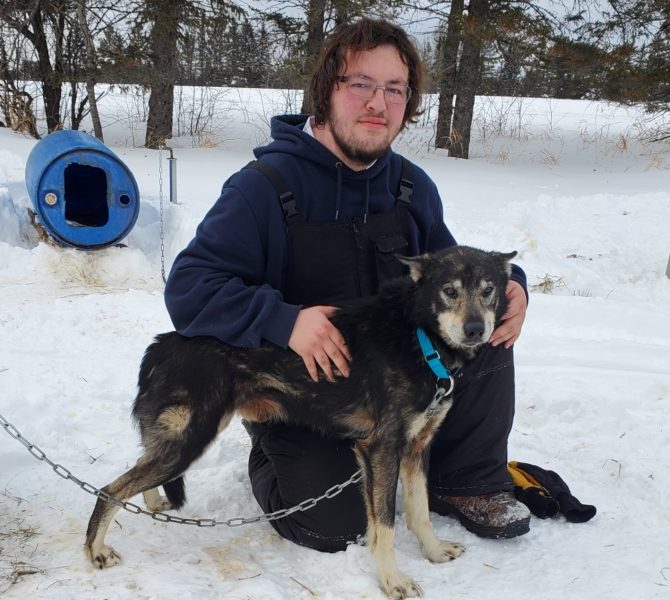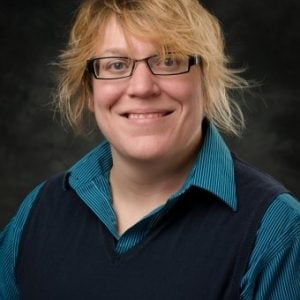We are excited to announce that Kedmon Hungwe, a professor in the Department of Cognitive & Learning Sciences, has been awarded a fellowship by the Carnegie African Diaspora Fellowship Program. Professor Hungwe will be collaborating with Rhodes University and Dr. Clement Simuja on the project “Co-Developing and Designing a Digital Literacy Curriculum for Pre-Service Teachers in a Developing Country University” in South Africa.
The project will focus on designing and developing a digital literacy curriculum for pre-service teachers based on South Africa’s Department of Basic Education Digital Learning Framework and the UNESCO global framework. The project will run for 90 days during the summer of 2023 and will include curriculum co-development, research collaboration, and graduate student teaching and mentoring.
The Carnegie African Diaspora Fellowship Program provides funding and structure for African-born academics at accredited higher education institutions in the United States and Canada to collaborate with colleagues at accredited higher education African institutions on capacity-building projects. The program is designed to strengthen capacity at host institutions and develop long-term, mutually beneficial collaborations between universities in Africa and the United States and Canada. The fellowship is funded by Carnegie Corporation of New York and managed by the Institute of International Education in collaboration with the Association of African Universities.
This project is a great opportunity for Professor Hungwe to use his expertise and knowledge in STEM Education to help develop a curriculum that will benefit pre-service teachers in South Africa. We wish Professor Hungwe all the best on this exciting venture and look forward to hearing about the outcomes of this project.
See a full list of newly selected projects, hosts and scholars.

